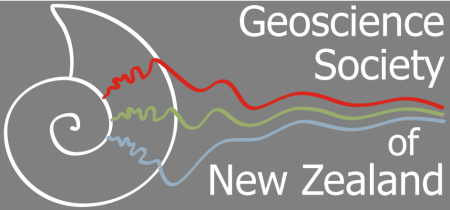Budget 2025: Science system funding – GSNZ reaction
Amid this year’s science sector reforms, the 2025 Budget includes money for the establishment of three new Public Research Organisations and a gene tech regulator.
Science, Innovation and Technology Minister Dr Shane Reti announced that the Budget was reprioritising existing funding towards “new growth-promoting investments.” A large portion goes to Invest NZ and the new gene tech regulator. Money has also been set aside for three of the four new PROs and disestablishing Callaghan Innovation, while several research grants face funding cuts.
The GSNZ responds
Greater investment in geoscience research and education needed to be a priority of the budget, for a country plagued with natural hazards and the onrushing impacts of climate change. If we want economic growth, we need to strongly invest in a geoscience workforce that can guide the sustainable use of our natural resources and help us live with our natural hazards. Budget 2025 fails to achieve that, doing little to reverse the recent trajectory of cuts in funding across the stretched science and tertiary education sectors.
The increased focus on science that can generate revenue comes at the expense of fundamental science that underpins our understanding of the environment and of social science that guides how we best apply science. The old mantra that “we can’t effectively manage what we don’t understand” has never been more salient. An example of this is the increasing insurance costs and reducing accessibility to insurance in Australasia, which is being amplified by the uncertainties of a changing environment. Fundamental science in this space adds considerable value that can’t necessarily be commodified, and is essential for wise investment for a sustainable future.
The budget delivers a continued flatlining of major contestable funding and core funding for research and tertiary institutes. That hardly paints a picture of growth, and does nothing to counter the recent loss of the National Science Challenges funding, not to mention the cancellation of the normal Endeavour research funding process for 2026 which will lock-in a delayed financial impact to the universities and new Public Research Organisations in 2027.
While there is a welcome ~25% increase (from $38M to $48M) in funding for doctoral training and research that supports Vision Mātauranga, this is countered by cuts elsewhere. There is a ~$10M reduction to the Catalyst Funding used to drive important international collaboration that helps NZ to learn from innovations overseas, and a reduction in funding for tertiary scholarships and awards.
The 3% increase in tertiary education fee funding is, on the one hand, much needed, but on the other hand, it is barely keeping pace with inflation. There is also a reduction to funds that target collaboration between the tertiary sector and industry, which helps to ensure teaching programmes are delivering work-ready graduates.
This budget tells me that we need to brace for more turbulent times ahead, and I genuinely worry for the stability of the science sector and training and retention of geoscientists in Aotearoa and what that means for our country’s future prosperity and safety.
Sam McColl, GSNZ President on behalf of the GSNZ Executive.
The Science Media Centre asked several experts to comment, you can read their responses here.

